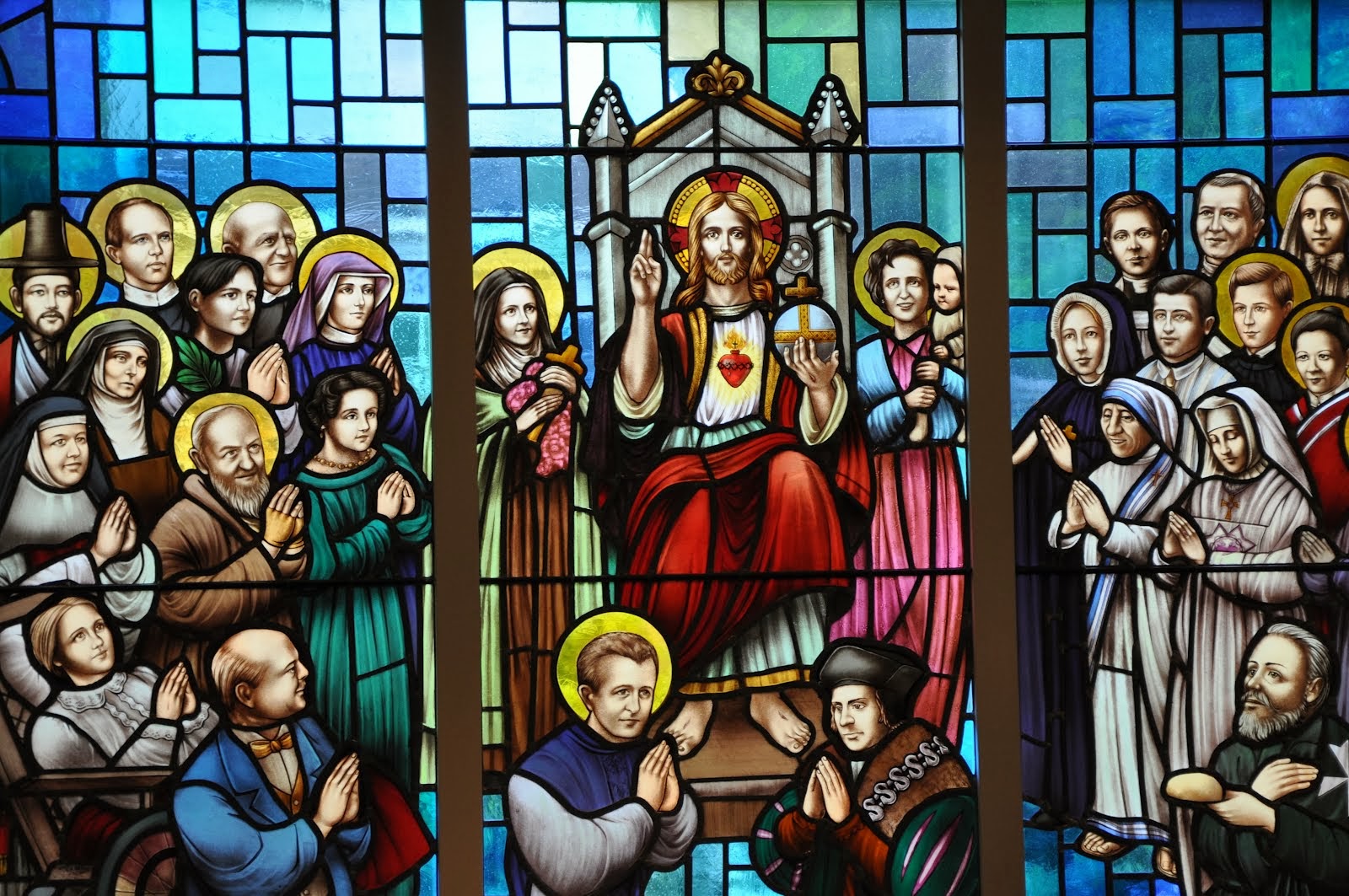
“The most high and infinitely good God has not granted to angels the power with which He has invested priests.” St. John Chrysostom (4th-5th centuries, Doctor of the Church)
“[about the life of a bishop]The turbulent have to be corrected, the faint-hearted cheered up, the weak supported; the Gospel’s opponents need to be refuted, its insidious enemies guarded against; the unlearned need to be taught, the indolent stirred up, the argumentative checked; the proud must be put in their place, the desperate set on their feet, those engaged in quarrels reconciled; the needy have to be helped, the oppressed to be liberated, the good to be encouraged, the bad to be tolerated; all must be loved.” St. Augustine of Hippo (4th-5th centuries, Doctor of the Church)
[On the occasion of his ordination to the priesthood] “O Priest! You are not yourself because you are God. You are not of yourself because you are the servant and minister of Christ. You are not your own because you are the spouse of the Church. You are not yourself because you are the mediator between God and man. You are not from yourself because you are nothing. What then are you? Nothing and everything.” St. Norbert (11th-12th centuries)
“Listen my brothers: if the Blessed Virgin is so honored, as it is right, since she carried Him in her most holy womb; if the blessed Baptist trembled and did not dare to touch the holy head of God; if the tomb in which He lay for some time is so venerated, how holy, just, and worthy must be the person who touches Him with his hands, receives Him in his heart and mouth, and offers Him to others to be received.” St. Francis of Assisi (12th-13th centuries)
“Go to Confession to the Blessed Virgin, or to an angel; will they absolve you? No. Will they give you the Body and Blood of Our Lord? No. The Holy Virgin cannot make her Divine Son descend into the Host. You might have two hundred angels there, but they could not absolve you. A priest, however simple he may be, can do it; he can say to you, ‘Go in peace; I pardon you.’ Oh, how great is a priest! The priest will not understand the greatness of his office till he is in Heaven. If he understood it on earth, he would die, not of fear, but of love.” St. John Vianney (18th-19th centuries)
“The priesthood is the love of the heart of Jesus. The priest holds the key to the treasures of heaven: It is he who opens the door; he is the steward of the good Lord, the administrator of His goods…The priest is not a priest for himself; he is a priest for you.” St. John Vianney
“’If you forgive any man’s sins, they stand forgiven; if you pronounce them unforgiven, unforgiven they remain.’ These solemn words of the Risen Savior meant that sins were to be forgiven through a judicial power authorized to examine the state of a soul and to grant or refuse forgiveness as the case demanded. From that day on, the remedy for human sin and guilt was to be a humble confession to one having authority to forgive. To be humble on one’s knees confessing to one to whom Christ gave the power to forgive….- that was one of the greatest joys given to the burdened soul of man.” Ven. Fulton Sheen (19th-20th centuries)
“The Priest offers the Mass only as the representative of Christ, hence he does not say, at the moment of consecration, this is the Body and Blood of Christ but ‘This is My Body’ and ‘This is My Blood’; he is only an instrument of Christ in the same way that a pencil is an instrument of one who writes.” Ven. Fulton Sheen
“The Priesthood is the sublimest dignity that God can confer on a human being.” Servant of God Fr. John Hardon (20th-21st centuries)
“All the difficult circumstances which people find in their path as Christians are fraternally lived and sincerely suffered in the priest’s heart.” Pope St. John Paul II (20th-21st centuries)
“Your priestly life should center on an ardent love for the Mass. It should be central to your thoughts and actions. You should always be able to say with our Lord, ‘I have earnestly desired to eat this Passover with you’.” Ven. Francis Xavier Van Thuan (20th-21st centuries)
